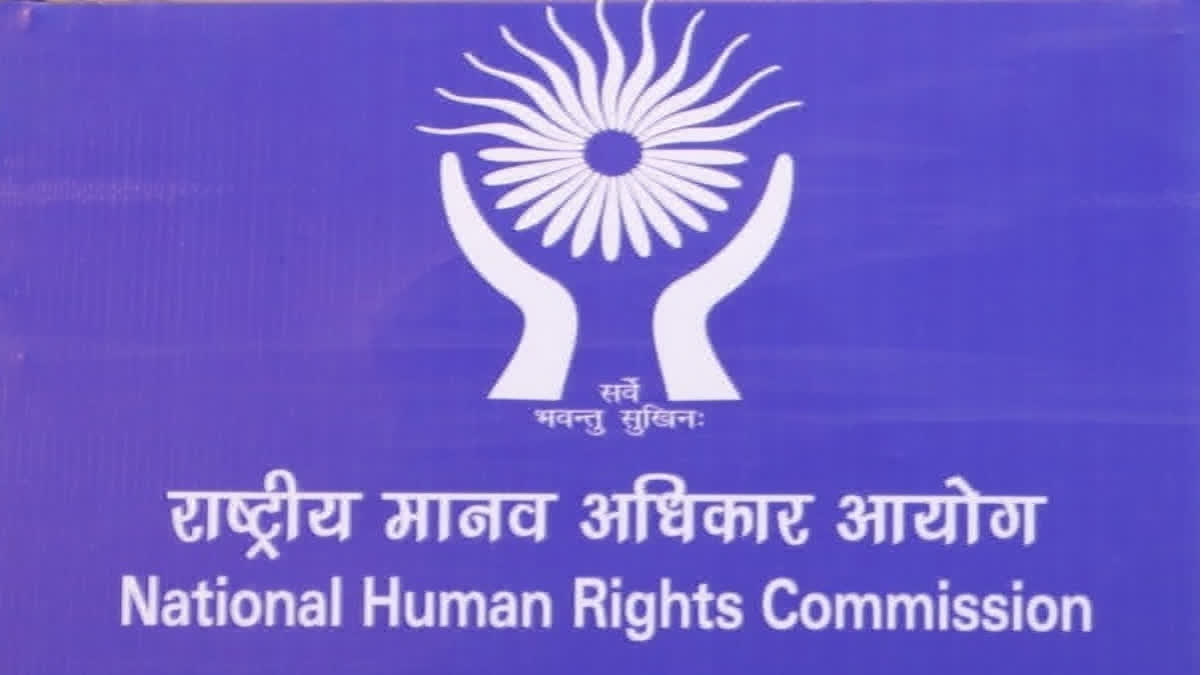New Delhi: NHRC chairperson Justice (retd) V Ramasubramanian emphasised that safeguarding "privacy as a human right" in the digital world is necessary, even as he pointed out that there is a "significant decline" in value systems and one must bear its consequences.
The National Human Rights Commission chief's remarks came during an open house discussion on 'Ensuring privacy and human rights in the digital era: A focus on corporate digital responsibility' held at its premises, with some participants joining virtually, according to an NHRC statement on Wednesday.
Some of the important suggestions that emanated from the discussion include simplifying user agreements and policy frameworks to enhance consumer understanding and control over personal data; establishing "clear accountability" structures for data breaches, especially for research institutions and third-party data processors; and strengthening user consent frameworks for greater transparency and informed decision-making.
Having "explicit penal provisions for non-compliance"; need for bilateral agreements to address cross-border security and data-sharing concerns; addressing the challenges arising from strict data localisation mandates; and having clear guidelines for obtaining verifiable parental consent for minors, were also suggested.
Addressing the participants, the NHRC chairperson "emphasised that safeguarding privacy as a human right in the digital world is necessary", the statement said. The technological advancements should "align with fundamental human rights and privacy protection". The responsibility must begin with the individual user, it said.
Justice Ramasubramanian highlighted that "maintaining digital hygiene is crucial". He also pointed out the "significant decline in value systems, cautioning that one must bear the consequences of this shift", it said. The NHRC chairperson reaffirmed the Commission's commitment to fostering inclusive discussions on digital rights and corporate accountability for developing a robust regulatory framework that balances innovation, security, and individual privacy.
The intensity of the problem that arises due to misuse of data and data breaches were extensively discussed during the meeting. Further, several key provisions of the Digital Personal Data Protection Act, 2023 were also discussed, it said.
Many participants raised concerns over the "extensive control exerted by global technology companies on user data, which complicates regulatory enforcement". Law enforcement agencies often face challenges in accessing critical data due to data storage in offshore centres, the statement said.
Additionally, the increasing reliance on digital platforms makes maintaining individual privacy more challenging, it said. The participants noted that consumers have limited choices in consenting to data collection, as many business models mandate data sharing. The existing Do-Not-Disturb (DND) mechanism by TRAI was deemed ineffective, the NHRC said.
The participants included Shailendra Trivedi, Chief General Manager-in-Charge, Department of Information Technology, Reserve Bank of India; Deepak Goel, Group Coordinator (Cyber Law), Ministry of Electronics & Information Technology; Ankur Rastogi, Principal Project Engineering, EGSTM, Centre For Railway Information Systems, among others.



